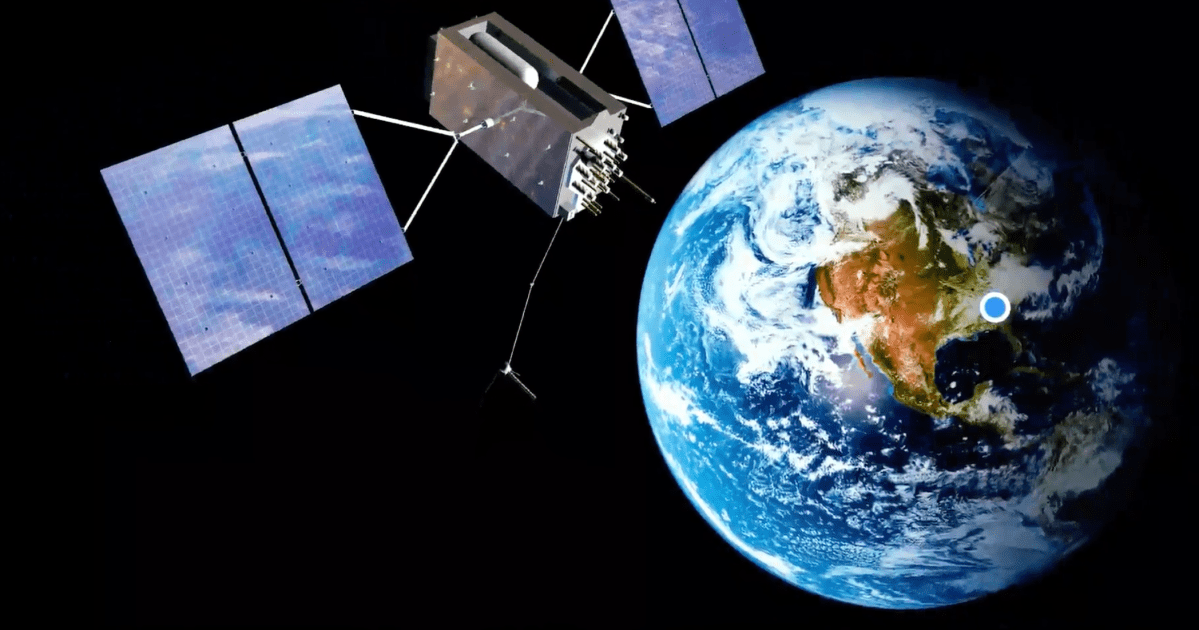WASHINGTON — The U.S. Space Force is moving forward with plans to deploy smaller, cheaper GPS satellites based on commercial designs to add to its current network of larger military satellites.
The Space Systems Command earlier this month issued a solicitation through the Space Enterprise Consortium (SpEC) for the Resilient Global Positioning System (R-GPS) program, seeking innovative design concepts.
R-GPS aims to augment the existing 31-satellite GPS constellation with small satellites that will provide a subset of primary GPS signals. These signals will be compatible with both military and civilian GPS receivers.
The program is restricted to members of the SpEC consortium, an organization created to accelerate procurements of new technologies.
A spokesperson for the Space Systems Command said R-GPS is not intended to replace the current GPS system or the ongoing GPS IIIF program. Instead, it will serve as a complementary system, providing an additional layer of resilience for military, allied and civilian users.
The Space Systems Command plans to select up to five R-GPS design concepts for further development. The small satellites will be expected to broadcast Course Acquisition (C/A) signals for military and civilian use, P(Y) code for military receivers, and M-code for more secure military applications.
However, the Space Force said it is open to other solutions that could enhance resiliency and introduce new technological advancements.
Initial awards for the R-GPS program are slated for fall 2024, with design concepts expected in early 2025. The Space Force has set a target to have eight space vehicles available for launch by 2027 or 2028.
Concerns about GPS vulnerabilities
This program comes as part of a broader effort to protect and enhance GPS capabilities, which have become critical infrastructure for both military operations and civilian applications. Recent conflicts, such as the one in Ukraine, have highlighted the risks of GPS jamming and spoofing by adversaries.
R-GPS is one of two programs being fast-tracked under the “Quick Start” authority, a new initiative approved in the Fiscal 2024 National Defense Authorization Act which authorized the program in a section called “Rapid Response to Emergent Technology Advancements or Threats.”
However, the program is facing skepticism from some lawmakers. The House Appropriations Committee in its 2025 defense spending bill questioned the rationale for Resilient GPS and denied a request to realign $117 million from other accounts to fund the program, citing concerns about its estimated $1 billion cost over five years.
The House Appropriations defense subcommittee directed the Pentagon’s Cost Assessment and Program Evaluation office to assess whether Resilient GPS is the best option for boosting positioning, navigation and timing capabilities.
